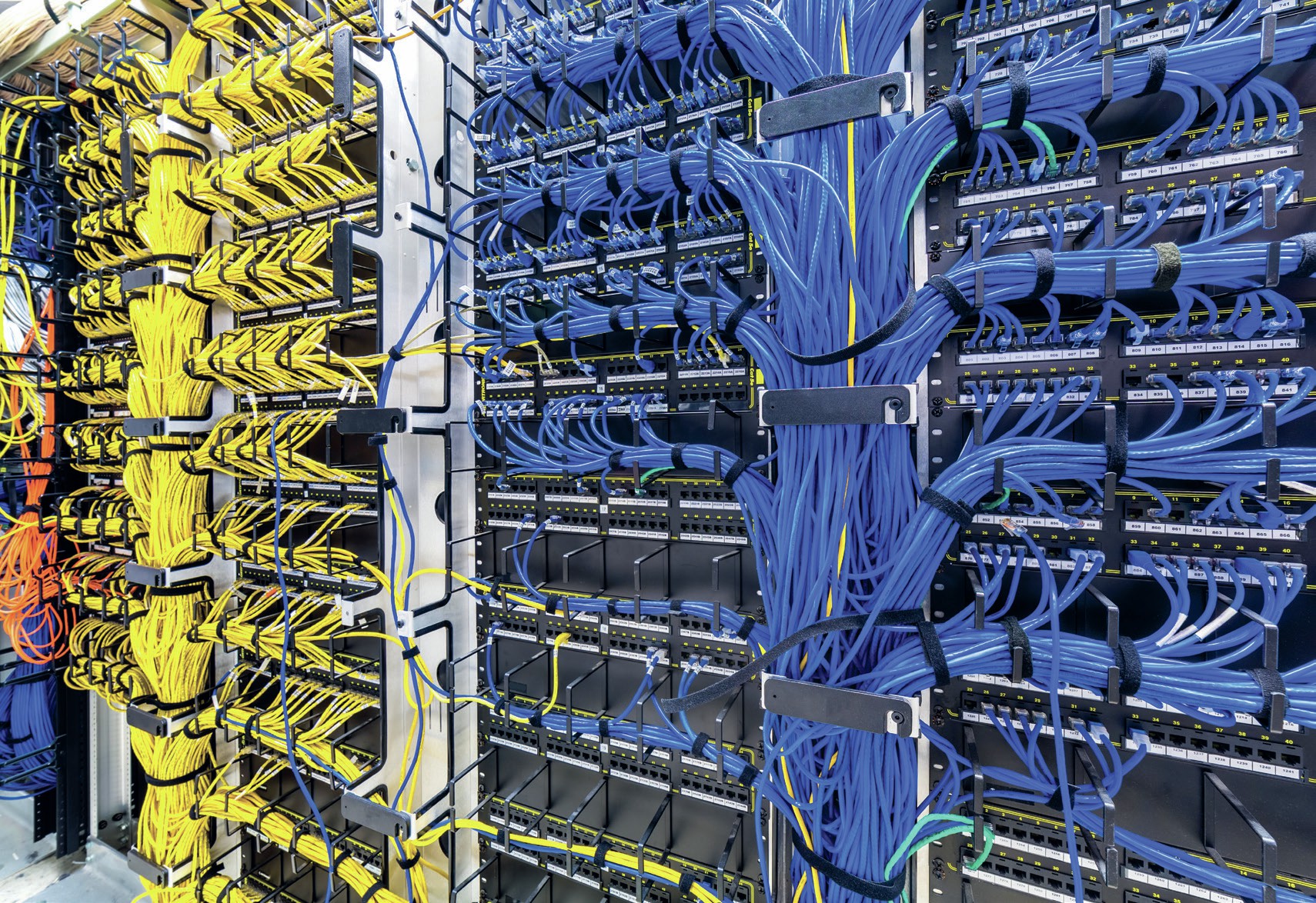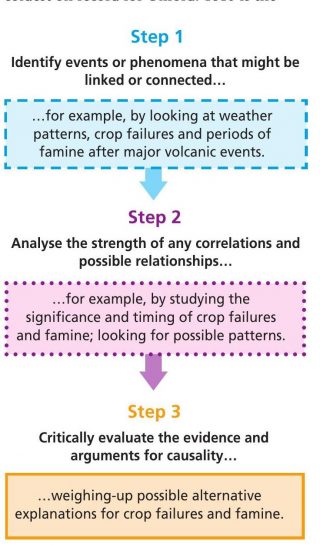
In November 2017, Just Eat joined the FTSE 100 list of Britain’s biggest companies. It was valued in the region of £5.5 billion.That’s more than Sainsbury’s, Morrisons or Marks and Spencer, companies that have changed the urban geography of Britain. Yet Just Eat employs only 2,500 staff, compared to Sainsbury’s 190,000 and, although it is now Britain’s best-known take-away food company, it has achieved this status while owning no food outlets and selling no products. Instead, it merely charges commission of around 14% for other businesses to use the online platform it provides. This model allowed Just Eat to record profits in the region of £160 million in 2017.
The growth of Just Eat exemplifies some of the key trends in the modern capitalist economy. The use of digital technology to enable companies like Just Eat and Uber to make a profit simply by providing a service that connects consumers with the product they desire has been dubbed platform capitalism, and is fundamental to modern globalisation.
Your organisation does not have access to this article.
Sign up today to give your students the edge they need to achieve their best grades with subject expertise
Subscribe




